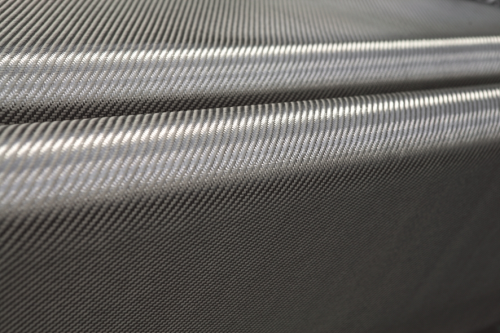
These prepregs are shaped and cured to make carbon fibre-reinforced plastic (CFRP) moulds, which are then used to produce fibre-composite components. The Brazilian aircraft manufacturer Embraer has already qualified the new tooling prepregs from SGL Group.
“The special properties of this prepreg system give optimum drapability and so ensure reliable mould construction. The extended lifetime of the mould also ensures increased productivity,” reported Dr. Andreas Wöginger, vice-president Product und Technology Management SGL Group.
SGL Group says that compared with conventional steel or aluminium moulds, the CFRP moulds offer significantly lower thermal expansion, lighter weight, and higher stiffness. In the production of CFRP components, particularly, a CFRP mould ensures that complex components can be produced without warpage thanks to the homogeneous thermal expansion.
The epoxy prepreg system developed for mould manufacture also has a long shelf life, despite a low curing temperature and short curing time, and causes minimal odour. This greatly facilitates use of the new prepregs.
According to SGL Group, carbon tooling prepregs are also suitable for mouldmaking in other industrial applications. SGL Group produces pre-impregnated carbon and glass fibre materials. The material properties can be optimised through suitable choice of the textile component and matrix material (resin). The fibre type basically determines mechanical properties, while by modifying the epoxy resin system it is possible to adjust viscosity and curing temperature (between 80 and 180°C). Depending on the matrix type, the areal density of the new tooling prepregs varies between 150 g/m² and 1200 g/m².



